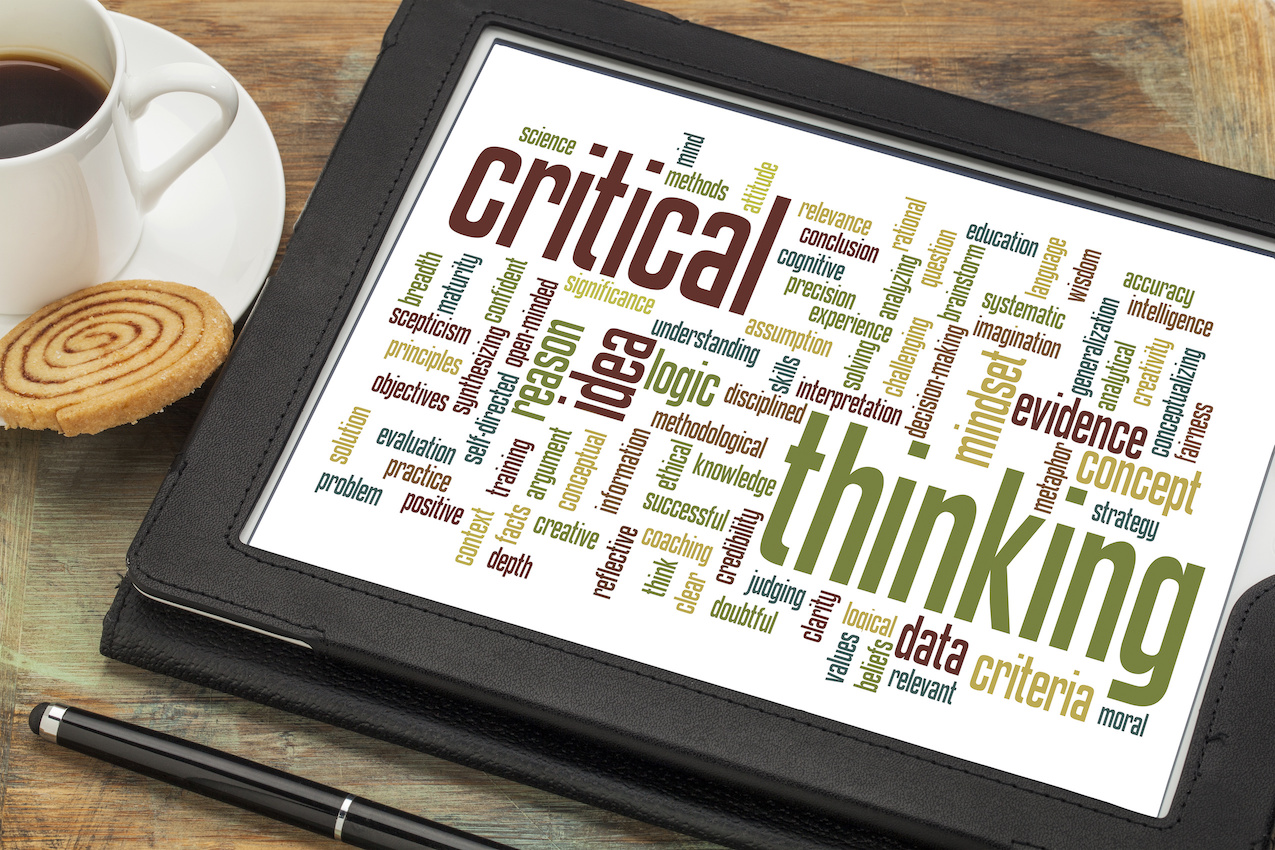Does plagiarism exist? Yes – and no. Serious students rarely plagiarize, and it’s not just that they’re too honest to pass someone else’s writing off as their own. Serious students have a perspective on research that goes beyond the warnings about cheating in most English classes.
Teachers generally warn students against copying someone else’s writing and pretending it’s yours (plagiarism). Of course that’s an important message for students. But professional researchers are far more concerned with what they’re putting into a research paper – or an article or book.
They know that researchers have to mention the big names in their field. It often happens (and I’ve experienced this myself) that there’s no convenient way to work in those big names. Tough. You have to do it anyway.
Suppose you were researching President Lyndon B. Johnson’s views on race issues. You would focus most of your attention on legislation and politics. At the same time, however, you would have to quote at least a couple of sentences from Robert A. Caro, Johnson’s most important biographer. You have to show that you know who Caro is and what he’s done, and a quotation or two is the best way to do it.
If you’re writing about American poet Emily Dickinson, you have to show that you’re familiar with Richard B. Sewall’s two-volume biography. Certainly there’s been significant research since it was published in 1975. But Sewall’s biography is still the definitive book about her life.
In 2006 I published a psychological article about Bernard Shaw’s Pygmalion – “The Talking Cure.” The article was inspired by a taped talk by a post-Jungian psychologist named Paul Kugler. Very few people know his name, even in the psychology field. I had to make sure my article quoted other names that are more familiar – Sigmund Freud and Carl Jung.
If you’re researching alcoholism, be sure to mention Alcoholics Anonymous. It doesn’t matter whether you agree or disagree with their Ten Step Program: you have to show that you’re familiar with it. Carl Sandburg was one of Abraham Lincoln’s most important biographers. David Fairchild wrote four books about the exotic fruits and vegetables that have gradually become staples in our American diet.
You get the idea (I hope!). A librarian can help you discover the big names that require at least a polite nod in your research. Both the Encyclopedia Britannica and the Encyclopedia Americana have bibliographies that can get you started.






